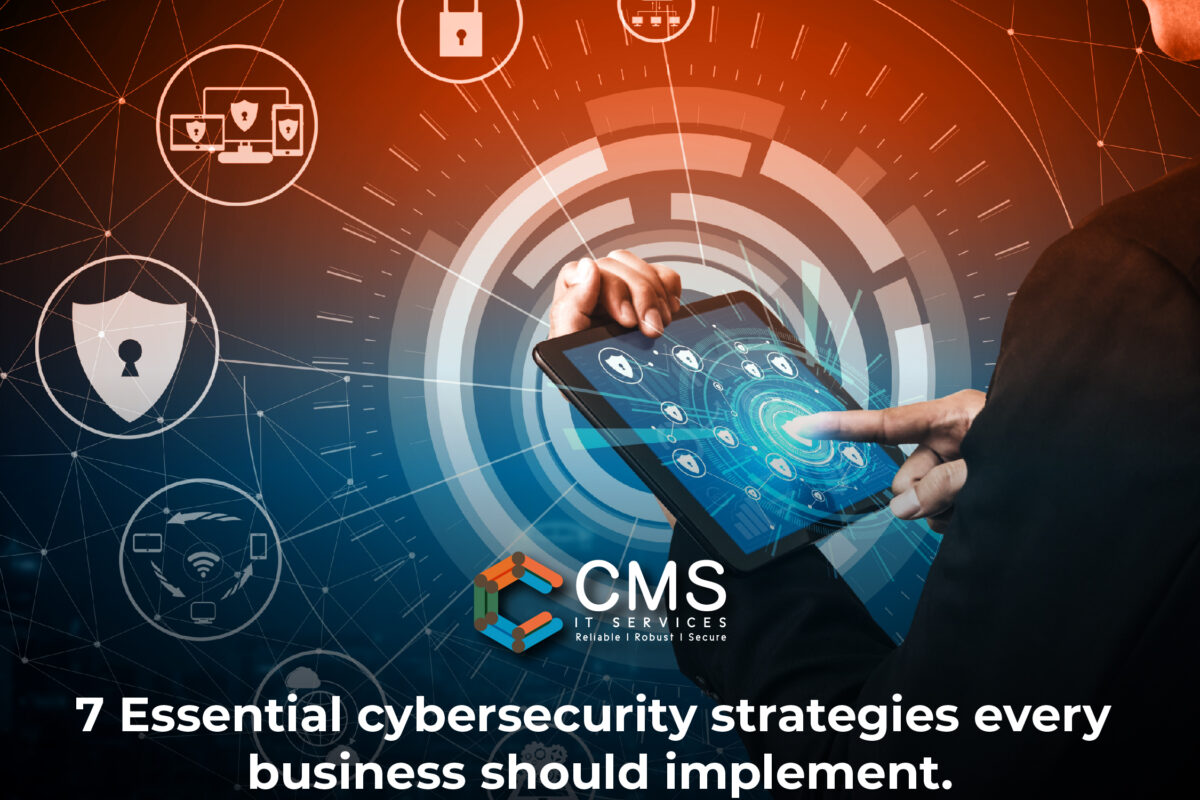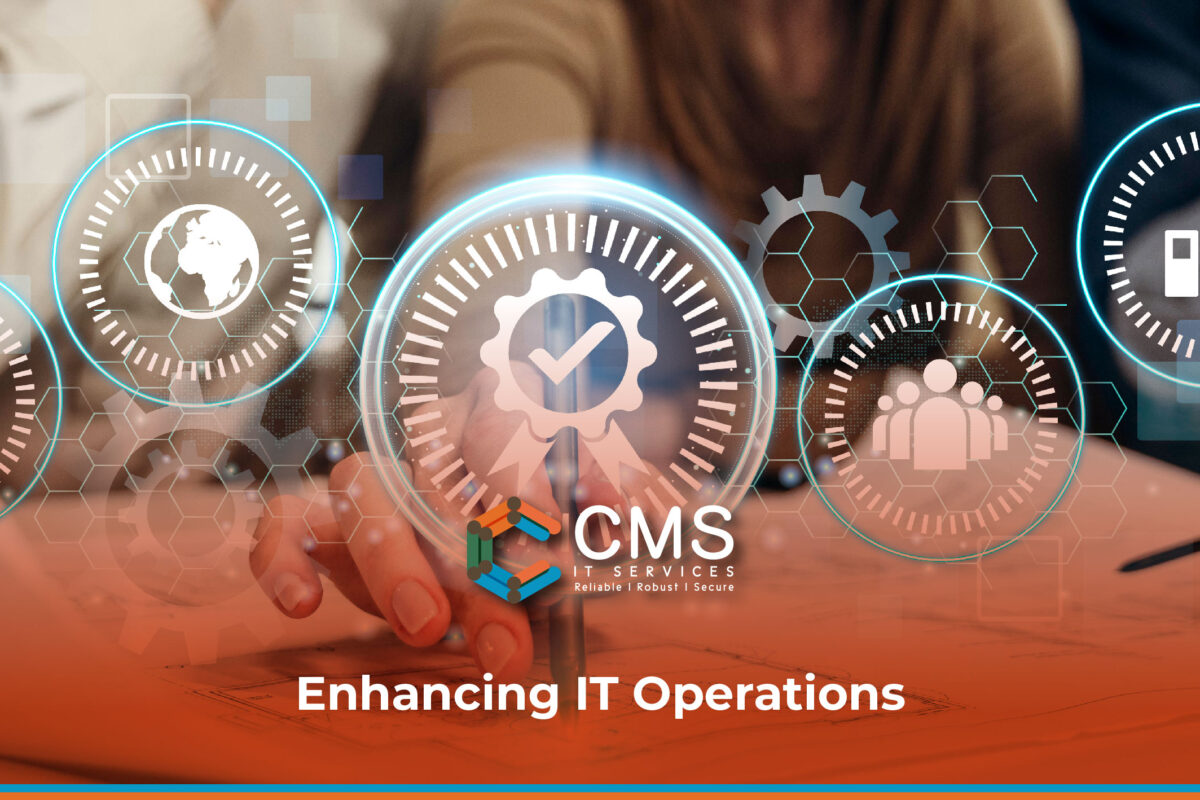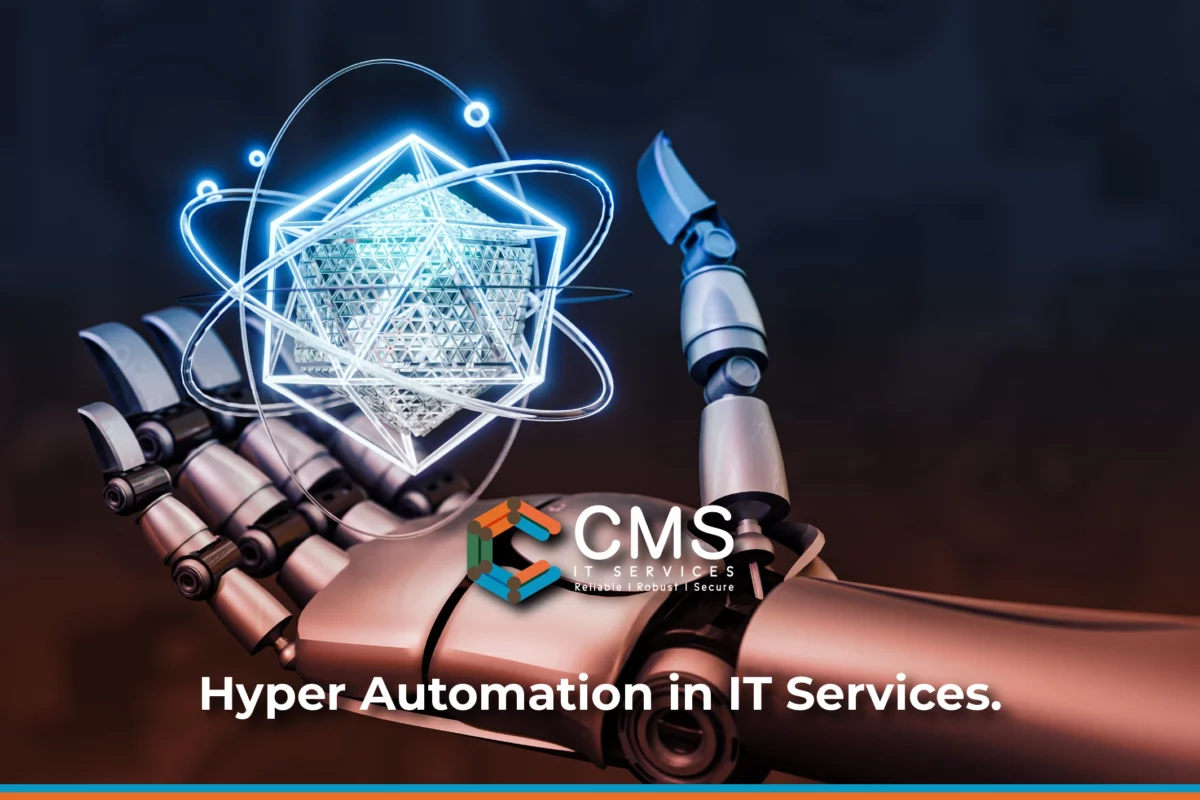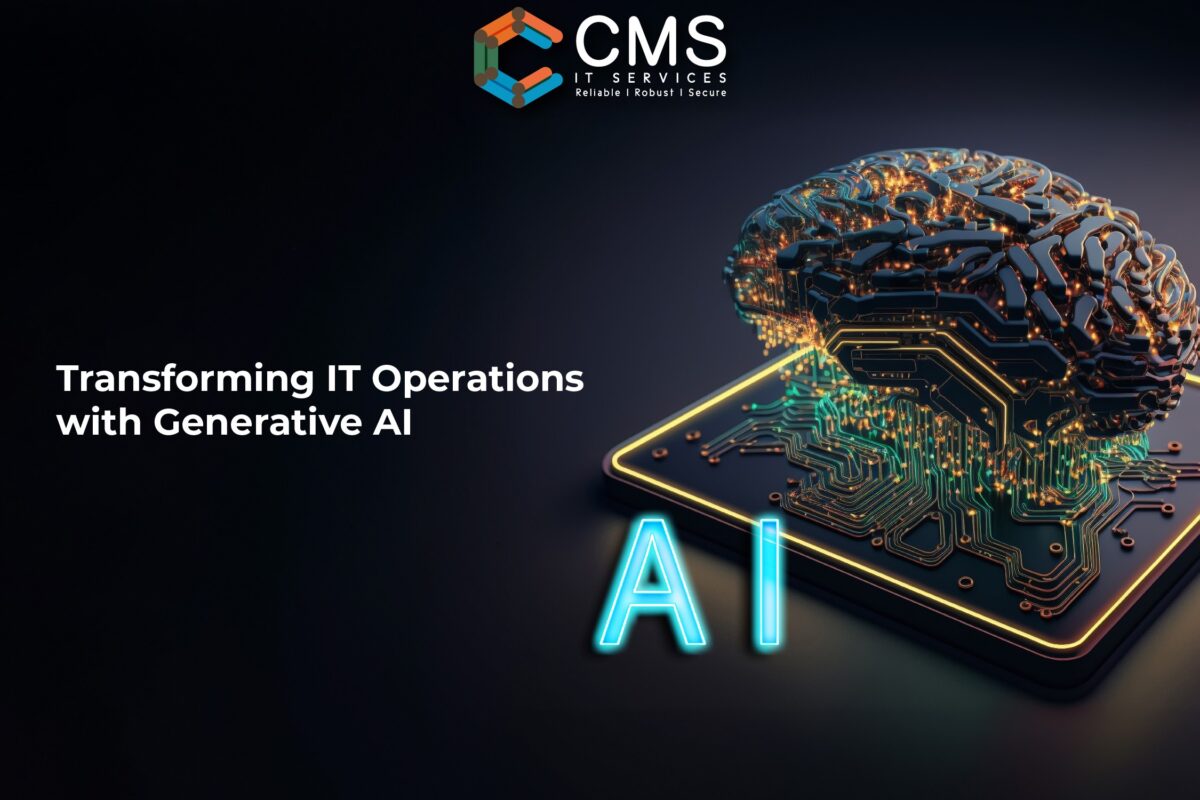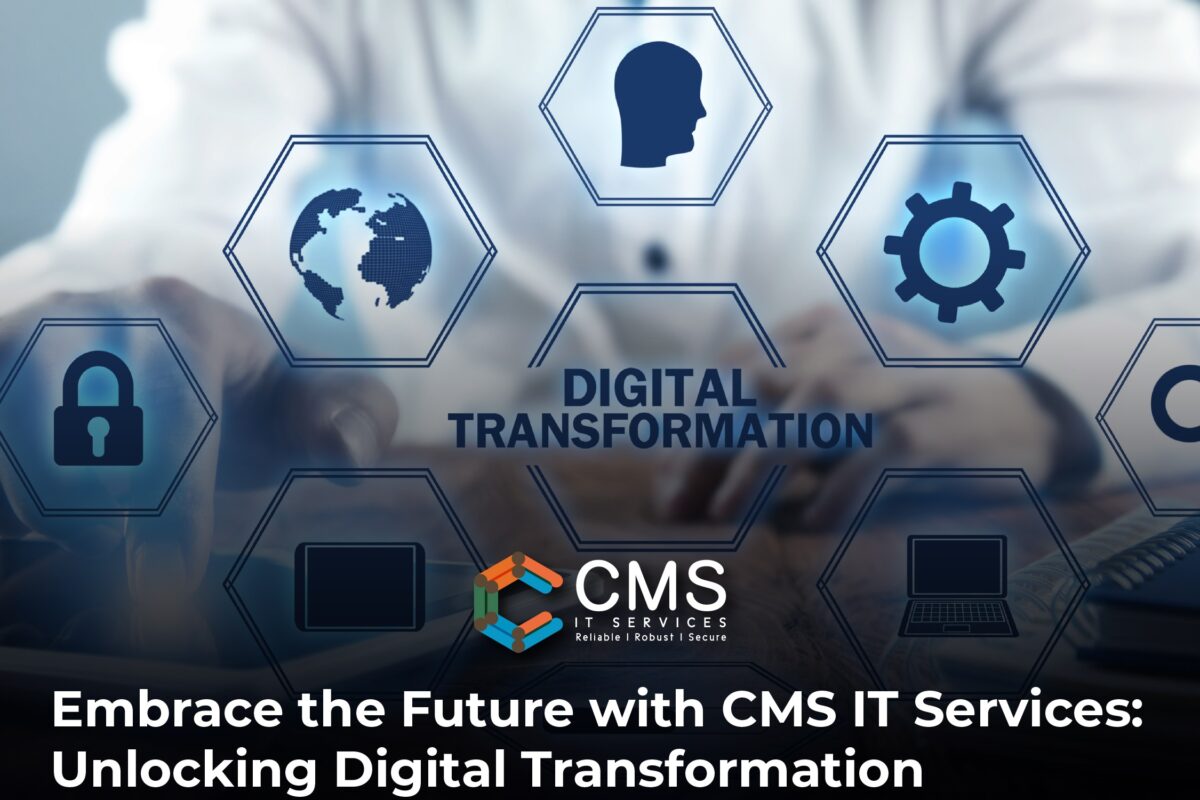In the modern digital era, cybersecurity has evolved into a vital and indispensable element of every business’s operations. With cyber threats evolving constantly, it is imperative for companies to safeguard their sensitive data, protect customer information, and maintain their reputation. To shed light on this pressing matter, we have consulted with cybersecurity experts from CMS IT Services, a leading provider of Cybersecurity Consulting services. These specialists have shared seven essential strategies that every business, regardless of size or industry, should implement to strengthen their security posture and stay ahead of potential threats.
1. Develop a Comprehensive Cybersecurity Plan
The first step to ensuring robust cybersecurity is to create a well-defined and all-encompassing cybersecurity plan. A cybersecurity plan should be aligned with the organization’s business objectives, taking into account its unique risks and vulnerabilities. The plan must cover everything from data protection policies, incident response protocols, employee training, to regular security assessments.
2. Appoint a Chief Information Security Officer (CISO)
A CISO plays a pivotal role in an organization’s cybersecurity framework. By designating a CISO, businesses can have a dedicated executive responsible for overseeing and implementing security measures. This leader collaborates with other departments, executives, and the IT team to integrate cybersecurity into the company’s culture, promoting a proactive approach towards security.
3. Conduct Regular Security Audits
Periodic security audits are crucial to identifying potential weaknesses in the security infrastructure. These audits may involve vulnerability assessments, penetration testing, and compliance checks. By uncovering vulnerabilities before malicious actors can exploit them, businesses can take proactive measures to enhance their cybersecurity.
4. Employee Awareness Training
Employees frequently serve as the primary line of defense against cyber threats. Educating the workforce about cybersecurity best practices, such as recognizing phishing attempts, using strong passwords, and safeguarding sensitive information, can significantly reduce the risk of successful cyberattacks.
5. Implement Multi-Factor Authentication (MFA)
Relying solely on passwords is no longer adequate to safeguard sensitive data. Implementing Multi-Factor Authentication adds an extra layer of security by requiring users to provide multiple forms of identification before accessing accounts or systems. By implementing Multi-Factor Authentication, the risk of unauthorized access is significantly reduced, even in the event of password compromise.
6. Regular Data Backups and Disaster Recovery Plan
Data loss can be catastrophic for any business. Regularly backing up critical data and developing a comprehensive disaster recovery plan can help companies quickly recover from cyber incidents and minimize downtime.
7. Keep Software and Systems Updated
Outdated software and systems often contain known vulnerabilities that cybercriminals can exploit. Regularly updating software, applications, and operating systems helps mitigate potential risks and ensures that the latest security patches are in place.
In the face of growing cyber threats, no business can afford to ignore the importance of robust cybersecurity practices. Implementing the strategies recommended by CMS IT Services’ top cybersecurity consultants can serve as a strong foundation for your organization’s cybersecurity efforts.
Don’t wait until it’s too late. Safeguard your business from potential cyber threats today by partnering with CMS IT Services’ experienced cybersecurity professionals. Our experts will work closely with your team to design and implement a customized cybersecurity plan that addresses your specific needs and challenges.
Remember, your business’s security is only as strong as your proactive measures. Contact CMS IT Services now and fortify your cybersecurity defenses for a safer and more resilient future.
Conclusion
Cybersecurity is not just an IT concern; it’s a crucial aspect of overall business strategy. By following the insights from top cybersecurity consultants at CMS IT Services, businesses can take proactive steps to protect themselves against the ever-evolving landscape of cyber threats. From comprehensive cybersecurity planning to employee training and continuous monitoring, these strategies lay the foundation for a secure and thriving business. Embrace these practices, partner with experts, and ensure your business’s cybersecurity is always one step ahead of potential risks. Stay safe, stay secure!
